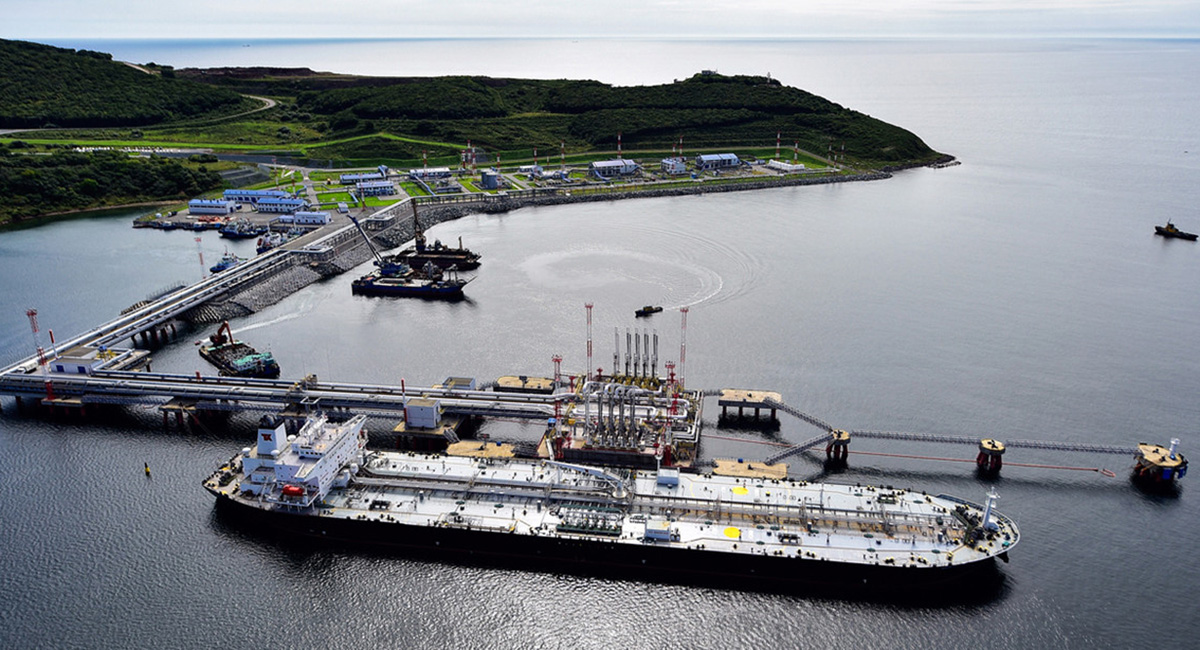In the process of training under this program, students receive knowledge of new technologies in pipeline transport, ways to ensure reliable and environmentally safe operation of pipeline systems, modern methods of diagnostics and overhaul of pipelines and tanks, methods of safe construction and repairs of gas stations, and environmental protection during the operation of oil, gas and product pipelines. They learn about methods for controlling the quality of oil and oil products, the main provisions of the management systems and the quality of construction, reconstruction and overhaul of the linear part of trunk pipelines, as well as pumping stations and oil depots.
Huge demand for specialized personnel on the market for engineers, technologists, etc.;
The possibility of future employment in the oil and gas industry, motivating and well-paid jobs;
Acquisition of a wide range of knowledge in the oil and gas industry;
Possibility engage in scientific activities during training at St. Petersburg Mining University;
Employment opportunities in foreign companies.
Graduates of this program are in demand in the oil and gas industry worldwide. Classical technical training offers graduates wide career prospects in both scientific and industrial activities. They can start their careers as engineering and technical personnel in the oil and gas industry or enter postgraduate school, and then continue to work in education or research.
